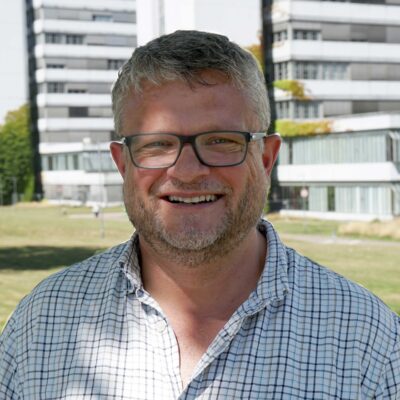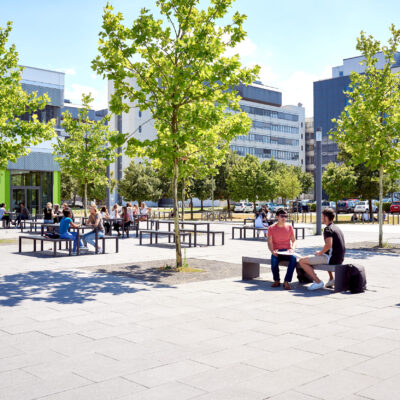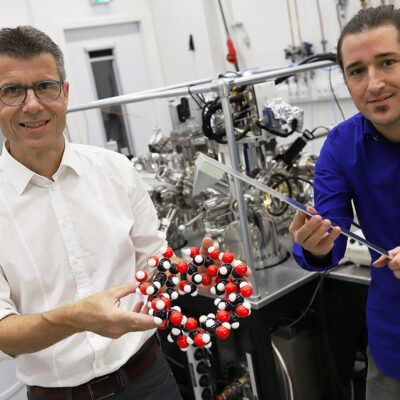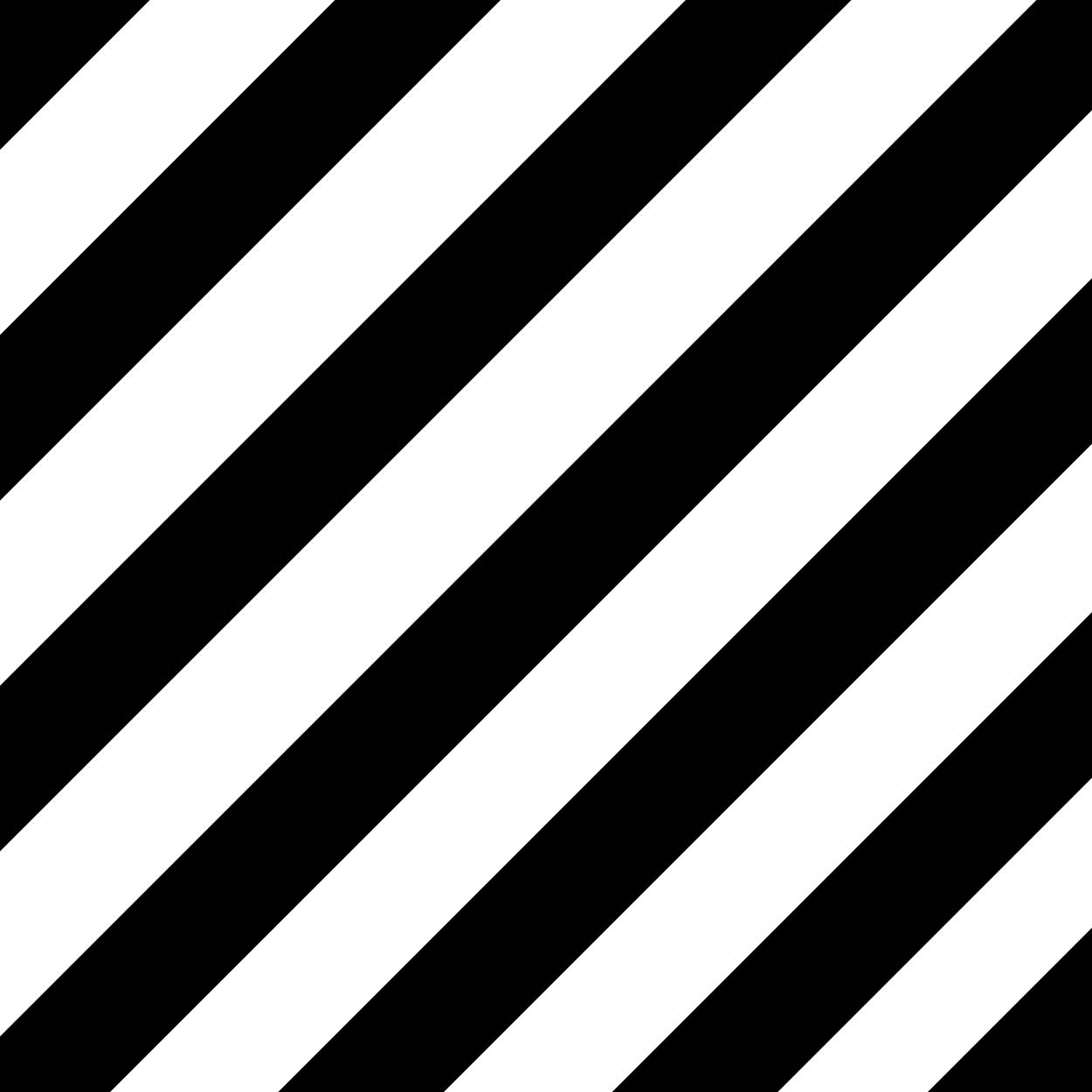This year marks the fifth anniversary of the higher education programme for refugees. Since winter semester 2016/17, Bielefeld University has been mentoring refugees on their journey to university studies. The range of services is diverse: German courses, counselling, orientation and preparation courses make it easier for prospective students to get started. More than 1,000 refugees have been supported since the programme started in 2016. Over the past five years, the programme has received around 3.5 million euros in funding.
Refugees wishing to study in Germany are faced with a lot of questions that have to be clarified: is my school certificate from home sufficient to take up studies in Germany? Will academic achievements obtained abroad be recognised? What language level must I have to be able to study in a foreign language? How can I prepare for the German exam?
The higher education programme for refugees offers guidance and support with these questions and challenges: ‘For us, it is important that those seeking protection can complete their education,’ says Professor Dr Angelika Epple, vice-rector for Research and International Affairs. ‘We want to help them with this comprehensive programme. We hope that in the long term this will also help integrate refugees into academia. Academia, academic studies and teaching thrive on the diversity of perspectives and the people who enter into dialogue about them. This is how innovation is born. The programme is therefore also an opportunity for the university.’
Since the beginning of the project, more than 1,000 refugees in all have received support for their studies through the higher education programme. This comprises four groups of people: refugees who have participated or are currently participating in preparation courses; 144 refugees who have completed preparation courses with the TestDaf German language exam, qualifying them to study at a German university; refugees who have gained admission to a university or college in Germany; and finally, a group of around 50 who have remained at Bielefeld University to study.
Preparing for the German language exam
The first pillar of the higher education programme is the German language course: only the exam “Deutsch als Fremdsprache” (TestDaF) entitles the student to study at a university in Germany. By passing the exam, students prove that they have mastered the foreign language at C1 level. They are prepared for this at PunktUm, Bielefeld University’s own German learning centre. What is special about this is that parallel to the German courses, participants can take workshops that are geared to their practical everyday issues. They can also learn how to apply for a place at university as well as for a scholarship and how to formulate a letter of motivation for the master’s degree pro-gramme.
‘I was worried whether my German language skills would be sufficient to study at university,’ says a participant in the higher education programme for refugees. The coronavirus pandemic has meant that the courses of the higher education programme for refugees have also had to be held online since April 2020. ‘Learning the language of academia within such a short time and without direct contact was quite a challenge.’ In the meantime, the participant has successfully completed the TestDaF. She prepared for the exam for a total of two and a half years.
Orientation study course
Another pillar of the higher education programme for refugees is the Natural Science Orientation Studies (NaWiOs) preparation course. Prospective international students with and without a refugee background can use it to prepare for their studies. The programme covers various points: subject-specific German courses, preparation courses and the opportunity to take part in selected first-semester lectures. This gives prospective students an insight into the degree programme even before they apply.
‘When I came to Germany, I was disoriented,’ says the participant. ‘I didn’t know what I had to do to be able to study here. At home, I had already studied medicine for one semester. It was clear to me that I also wanted to study medicine in Germany.’ After the orientation phase in NaWiOS, however, the decision regarding which study programme to embark on changed. ‘In the end, I decided to do a bachelor’s degree in molecular biology. It was an important and defining decision for me, and the counselling helped me a lot.’
NRWege scholarship
A third pillar is the financial support for refugees. Bielefeld University supports people with a refugee background through the NRWege scholarship. Depending on their needs, they can be supported during the individual phases of their studies: the start, studies and graduation.
‘The NRWege scholarship has given me the chance to realise my dream. Thanks to the scholarship, I can dedicate myself exclusively to my studies and concentrate on learning,’ says the participant.
She started studying molecular biology in winter semester 2021/22. After completing her bachelor’s degree, she would like to do a master’s degree in interdisciplinary biomedicine at Bielefeld University. In the long term, she would like to go into research.
The higher education programme for refugees has received around 3.5 million euros in funding over the past five years from the German Academic Exchange Service (DAAD), the Mercator Foundation, the Ministry of Culture and Science of the state of North Rhine-Westphalia and the Federal Ministry of Education and Research, to name just a few.
Application for the next semester is possible again for all three pillars as of December 2021.




